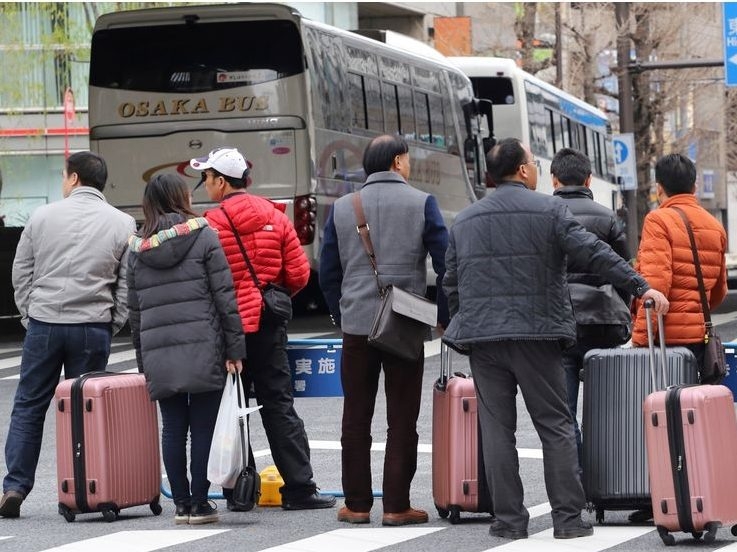A diplomatic chill descended between Japan and China as Beijing issued a stark warning to its citizens: avoid travel to Japan. The move, escalating a dispute ignited by the new Japanese Prime Minister’s comments on Taiwan, signals a deepening rift between the two nations.
Tokyo swiftly responded with a formal protest, demanding “appropriate measures” from Beijing. Chief Cabinet Secretary Minoru Kihara emphasized the critical need for open communication, particularly when disagreements exist, a sentiment underscored by the escalating tensions.
China justified the advisory by citing past incidents of harassment against Chinese nationals in Japan and, more crucially, the Prime Minister’s recent statements regarding Taiwan. Beijing alleges these remarks poisoned the atmosphere for constructive dialogue and exchange between the two countries.

This isn’t the first time China has cautioned its citizens about safety in Japan, but the current warning carries a significantly stronger tone. Notices posted by the Chinese embassy in Tokyo explicitly advise against travel, a departure from previous, more general security recommendations.
Japan relies heavily on Chinese tourism for economic support, but this influx has also fueled anti-China sentiment among some segments of the Japanese population. The impact of the travel advisory remains uncertain, though several Chinese airlines have already begun offering full refunds on existing tickets to Japan.
The dispute casts a shadow over the future of Japan-China relations under the new Prime Minister, who has consistently advocated for strengthening Japan’s military to counter perceived threats from Beijing. Her stance includes a firm defense of Taiwan.
The catalyst for the current crisis was the Prime Minister’s assertion that a Chinese attack on Taiwan could be considered an “existential threat” to Japan, potentially triggering a military response. This declaration ignited fury in Beijing, culminating in a particularly inflammatory social media post from a Chinese consul general.
The consul general’s post, which was quickly removed after sparking outrage, contained a veiled threat against Japan, prompting a formal diplomatic protest from Tokyo and initiating a week-long exchange of increasingly pointed statements.
At the heart of the conflict lies China’s claim over Taiwan, a self-governed island that Beijing views as a renegade province. China has intensified military exercises near Taiwan in recent years, ratcheting up regional tensions.
While neither the United States nor Japan officially recognizes Taiwan diplomatically, both maintain strong unofficial ties. The U.S. is Taiwan’s primary arms supplier and firmly opposes any attempt to resolve the situation through force.
Japan, a key ally of the United States, hosts a significant American military presence, including a major naval base near Tokyo. This alliance underscores the strategic importance of the region and the potential for wider conflict should tensions escalate further.




